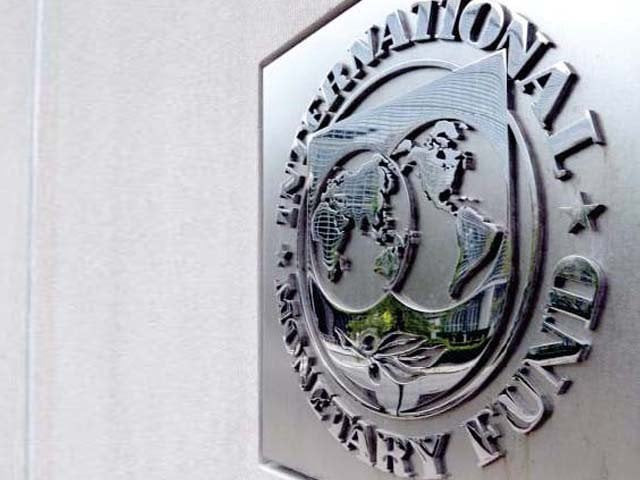IMF probing govt’s numbers on last year’s fiscal deficit
Investigation comes after independent experts challenged govt’s claims

Investigation comes after independent experts challenged govt’s claims. PHOTO: FILE
The IMF’s resident mission decided to reopen the books after several independent experts publicly questioned the authenticity of the figure, claiming the deficit was Rs1.8 trillion when including the circular debt.
The resident mission has gone back to the drawing board and re-calculating the budget deficit figure for the last fiscal year 2014-15 that ended on June 30, said sources.
Read: IMF approves $506m loan tranche for Pakistan
The Express Tribune sent a question to the IMF’s resident mission on Monday, asking whether it was true it was recalculating the 2015 budget deficit figure. After three days, the office of resident representative Tokhir Mirzoev gave a brief statement saying that they “would not comment at this point.”
Speculation about the accuracy of the government’s figures grew after the IMF published a glowing report, praising the Nawaz Administration’s reform efforts. In an op-ed piece appearing in a local daily, former State Bank governor Shahid Kardar stated that despite Pakistan’s failure to meet two key performance benchmarks of the programme, the IMF took a lenient view and granted waivers. He said that in less than two years, the IMF gave 12 waivers to Islamabad, the largest number of waivers under any IMF programme.
He argued that the government was practicing an “unashamed manipulation of data” to show a lower budget deficit, an act in which the IMF was complicit. “This decision of the Fund staff has, for the first time in recent memory, reinforced the widening perception that the IMF, World Bank and Asian Development Bank are abettors of the government’s window-dressing scheme,” he wrote.
Read: IMF approves release of $501.4 million to Pakistan
Kardar was not alone in his scathing criticism. In an article published in the London-based Financial Times on Sunday, economist and former finance minister Hafiz Pasha expressed similar views, saying, “In our close to 70 years’ history, we’ve never had a government that fudged statistics to the extent of this one.” He said the actual 2015 budget deficit including circular debt was closer to 8.5% of GDP, not the 5.3% the government claimed.
According to sources, during the IMF’s earlier analysis, it had treated the $1 billion raised through the secondary market offering of the government’s shares in Habib Bank as revenue, even though the 2000 Privatisation Ordinance requires such proceeds to be treated as financing, not revenue. In addition, the IMF excluded the $1 billion Islamic Eurobond issued by the government from its external financing.
A meeting of the Executive Board of the IMF is tentatively scheduled for early next month to allow the disbursement of next loan tranche of $500 million. If 5.3% figure turns out to be incorrect, the country may face problems in getting further loans from the IMF, the World Bank and the Asian Development Bank.
Published in The Express Tribune, August 28th, 2015.



















COMMENTS
Comments are moderated and generally will be posted if they are on-topic and not abusive.
For more information, please see our Comments FAQ